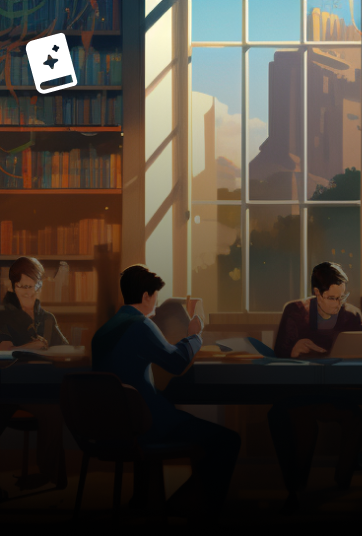
The Will to Battle
Ratings28
Average rating3.9
"The long years of near-utopia have come to an abrupt end. Peace and order are now figments of the past. Corruption, deception, and insurgency hum within the once steadfast leadership of the Hives, nations without fixed location. The heartbreaking truth is that for decades, even centuries, the leaders of the great Hives bought the world's stability with a trickle of secret murders, mathematically planned. So that no faction could ever dominate. So that the balance held. The Hives' façade of solidity is the only hope they have for maintaining a semblance of order, for preventing the public from succumbing to the savagery and bloodlust of wars past. But as the great secret becomes more and more widely known, that façade is slipping away. Just days earlier, the world was a pinnacle of human civilization. Now everyone--Hives and hiveless, Utopians and sensayers, emperors and the downtrodden, warriors and saints--scrambles to prepare for the seemingly inevitable war"--
Series
Series
4 primary booksTerra Ignota
Terra Ignota is a 4-book series with 4 primary works first released in 2016 with contributions by Ada Palmer.
Reviews
Popular Reviews
Reviews with the most likes.
I think I really summed it up when I explained: “it reads like assigned reading for an undergrad philosophy course. The really cool one, with the professor everyone adores, but still.”
Palmer has always been clearly been using her work as a vehicle for important cultural conversations, but that was paired with awe-inspiring world-building in Too Like the Lightning and a careful deconstruction of all of the holes in her world in Seven Surrenders. In The Will to Battle, nearly 300 or 350 pages are devoted entirely to dialogue, about half of which is between the narrator and either (a) the reader, (b) Hobbes or (c) other dead people as imagined by the narrator. It's important work about what it means to be a civilization, how to balance improving this world versus dreaming of bigger ones and what we as citizens in a global society owe each other. I think it may also be doing work holding up either end of the quartet in which it's placed (time will tell), but it's not really functional as a stand-alone novel.
I listened to this one, but read the previous 2. It's probably the best way to enjoy this series. There is a lot of superfluous languages and descriptions and tangents that the narrator goes on that during a normal book read I would skim to get the jist because it can be very verbose. But the audio narration helps you get the full flavor of the story the way it was intended without having to read and reread the same flowery language over and over.
An exhausting read, but worth the effort. Plots, sub plots, political shenanigans, philosophy, religion, new gods, Ancient Greek gods, super science, sex, love, and a story narrator who is self-admitedly insane. Fantastic stuff. Now I just have to wait until 2019 for the final part.






























